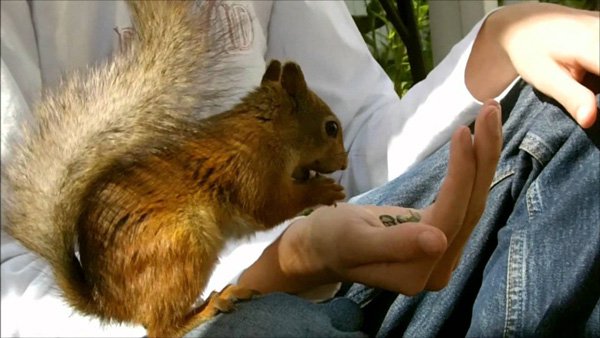
Dogs truly have become man and woman's best friends. We welcome them into our homes and they become a part of the family. They are loyal and loving and they bring joy to our lives. That is, until we find our dog and our homes infested with fleas.
These pesky little parasites are not only annoying to our pets but they can actually cause real health problems. Fleas not only bite our pets, they literally suck the blood from them. This results in an irritation and the dog will scratch, bite and dig at the sites. If the dog accidentally eats a flea internal worms can develop.
Dog owners have to be alert to early signs of fleas if they are to avoid an infestation on their pets. If you notice your pet scratching more than usual there is a good chance he is suffering with fleas. In which case, a simple check of his skin should provide evidence of the parasites. You are likely to find fleas or perhaps the flea's droppings.
Flea droppings or excrement will look much like dirt particles. But if moistened this dirt will turn reddish - that red color is from the blood of your dog!
Don't panic though. There are several ways that you can deal with this problem. You do need to be aware that when your pet scratches he may be distributing fleas. You also need to know that fleas multiply very quickly so in order to prevent an infestation in your home you will need to take some extra steps.
It's a good idea to talk with your veterinarian about the problem. He is likely to have the perfect solution suitable for you and your pet. There are many chemically-based sprays and shampoos available. Some are only available through a veterinarian and others can be purchased at a pet shop or even a grocery store. Always follow the directions precisely as instructed because misuse of these products can result in allergic reactions or serious medical problems.
Your veterinarian will also be able to guide you in using natural, nonchemical solutions. These options are safe and environmentally friendly. When it comes to your home you can begin with an easy 'treatment' that consists of a thorough cleaning of the dog's bedding and other favorite areas. Regular vacuuming can go a long way in collecting fleas and their eggs that may be in carpet or on furniture; just be sure to empty the bag after each use and dispose of it outdoors. There are also sprays and 'foggers' available that act to kill any fleas in a given area.
Early detection is key to preventing a flea infestation. Be alert to your dog's scratching and explore the possibility that he may have fleas. If you find that he does immediately take steps to eradicate the pests from your pet and your home. Your dog will be more comfortable and you will be able to enjoy your little companion without worry that he is depositing fleas in your home or on you.
 Crufts - The Kennel Clubs Elite Dog Show
Crufts - The Kenn
Crufts - The Kennel Clubs Elite Dog Show
Crufts - The Kenn
 Looking for Custom Leather Dog Collars
Looking for Custom Leather Dog Collars
Are you
Looking for Custom Leather Dog Collars
Looking for Custom Leather Dog Collars
Are you
 More Information On The Unusual Nebelung Cat
More Information
More Information On The Unusual Nebelung Cat
More Information
 How Does Vitamin B12 Help Cats?
How Does Vitamin
How Does Vitamin B12 Help Cats?
How Does Vitamin
 Living With A Dog As A Contact Sport
Dog Ownership is a Hands-On Job
It never ceases to amaz
Living With A Dog As A Contact Sport
Dog Ownership is a Hands-On Job
It never ceases to amaz
Copyright © 2005-2016 Pet Information All Rights Reserved
Contact us: www162date@outlook.com